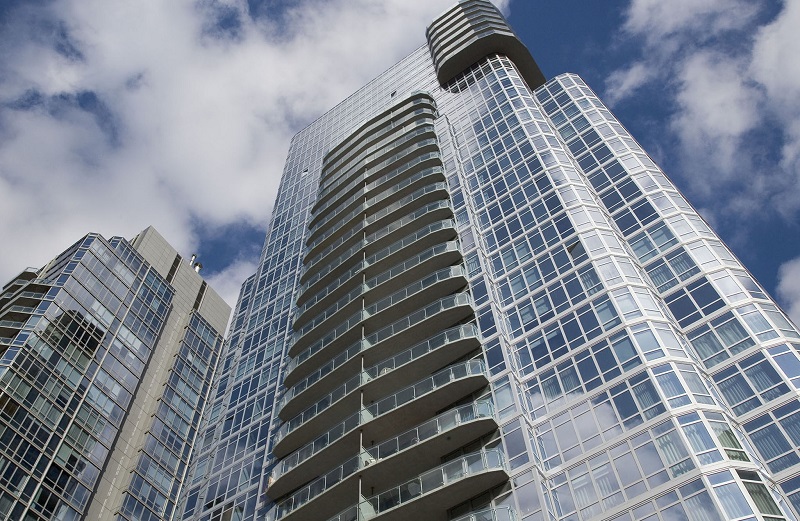A series of bitter disputes between residents and landlords across a range of high-rise apartment buildings in recent years centred on management fees and the usage of public and private space have aggravated both domestic and foreign investors.
Sadly one shared characteristic of these disputes is that they have become increasingly acrimonious while the real underlying causes behind the differences rarely get heard.
A high-end housing project located in Hanoi’s Dong Da district proved an initially attractive investment despite the several thousand dollar per square metre price tag. The developer barely had to advertise its products as apartments were snapped up with barely a reference to the real estate firm’s marketing budget. To underline the complex’s luxury designation, an internationally renowned property management company was employed to oversee day-to-day operations and maintenance.
However, shortly after the apartments went into use, conflicts arose between the developer and the residents over service charges and ownership rights of the blocks’ basement.
While both sides had tried to iron out the issue, the tenants continued to feel dissatisfied and petitioned government agencies to intervene. After being dissatisfied with the government response, residents staged demonstrations against the developer.
Despite the highly publicised dispute, many of the underlying issues remained unclear to the general public.
Yet it appears in retrospect that while the project was still on paper, both the developer and the buyers were already eyeing an opportunity for quick financial returns so neither paid sufficient attention to what the future life in a modern apartment block would actually be like.
This particularly case was no-outlier. Colliers International Vietnam, the domestic branch of the global property services provider put the speculative turnover rate of property deals at that time as an eye-watering 60-70 per cent of all deals.
From the developer’s point of view, they perceive the application of a world-class management model for apartments in Vietnam as a smart move. Some experts, however, argued there could be difficulties since foreign firms could possibly be unaware of cultural differences in terms of the use of public and private spaces.
From the part of buyers, at the time supply eclipsed demand and most buyers were only too happy to buy real estate for speculative purposes and they paid no attention to factors such as what standards should apartments actually meet. What occupied their mind was how much money they could get from the deal.
The local legal system also lagged behind the market’s development. Therefore, conflicts quickly arose after the apartments were put into use covering diverse aspects like the following of building regulations, service charges, maintenance charges and the ownership and use of particular spaces. This was an inevitable corollary when both buyers and sellers had little interest in the actual lifestyles implied by their new developments.
It’s now argued that property market transactions have become more professional, and that such disputes and conflicts should be easier to resolve.
Some analysts have argued the current improvements came on the back of a combination of factors. The developers should have their own approaches to tackle issues relevant to local customs and culture, and setting the life style expected from their residents.
In addition, property management companies have a role in developing and preserving the living and operational standards of such apartment blocks.
In a nutshell, consensus and synergy between developers, residents and management companies is essential when a condominium project wants to maintain their brand or image. If this is the case, then disputes in the high-grade Dong Da district apartment block and many others at the Keangnam, Golden Westlake or Saigon Pearl should no longer be a concern.
By Nguyen Hong Minh
Vietnam Investment Review









